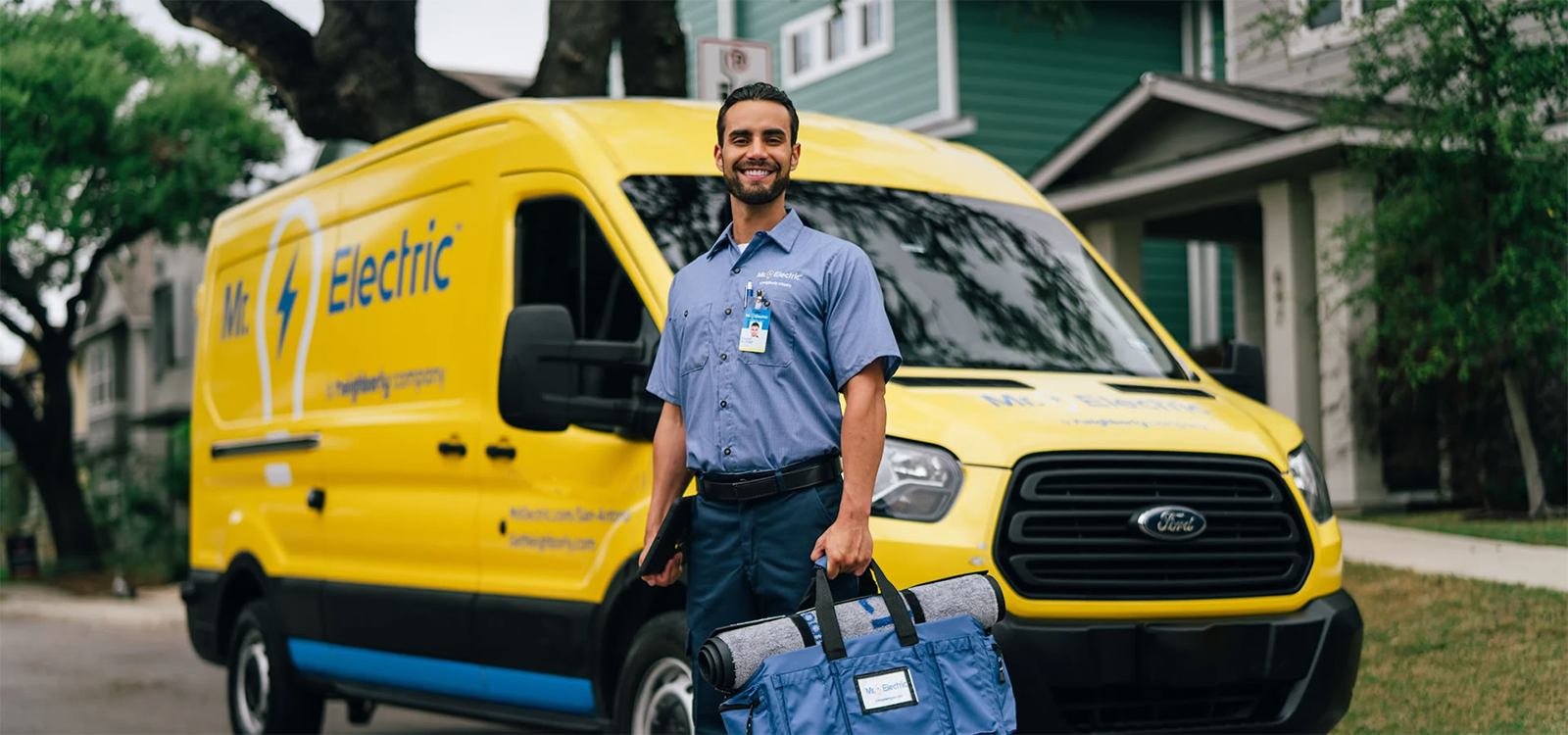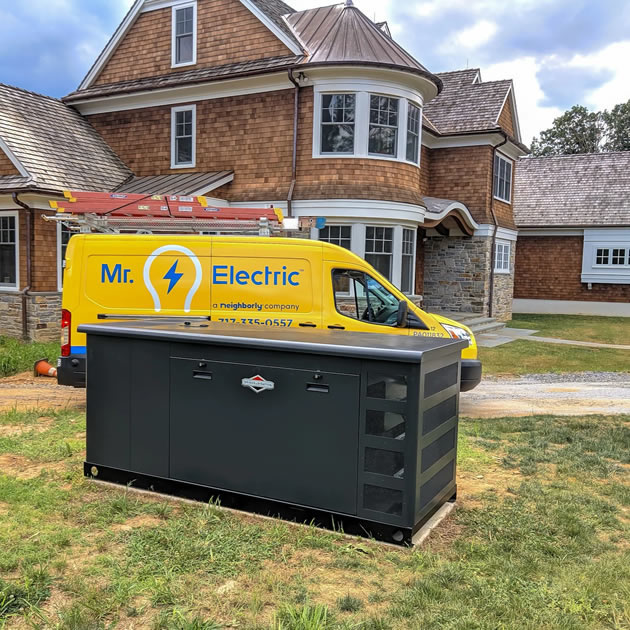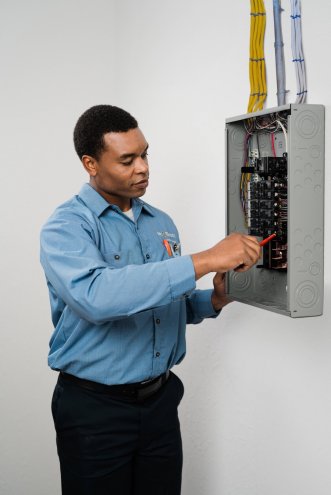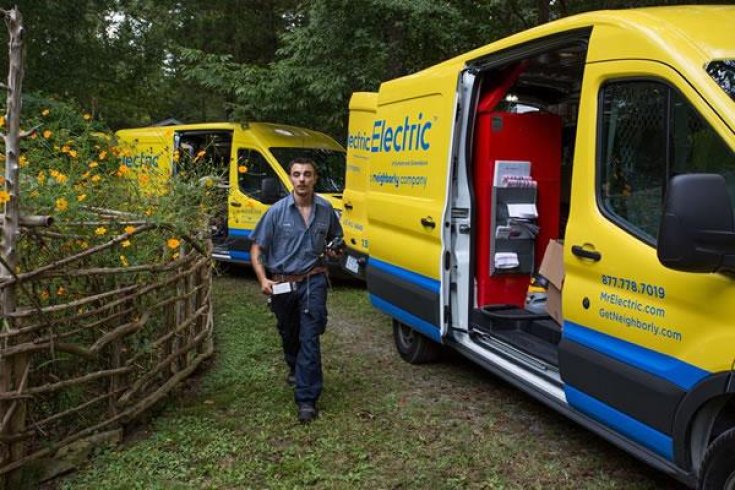Backup Generator Buying Tips
In today's fast-paced world, electricity is an indispensable part of our lives. It powers our homes, businesses, and industries, making it a critical component of our daily routines. This also means that power outages can wreak havoc on our schedules and disrupt essential operations. For business owners, these disruptions can lead to substantial financial losses and customer dissatisfaction.
A backup generator is an invaluable asset to prevent such headaches, but due diligence is crucial for such an essential piece of equipment. In this article brought to you by Mr. Electric, we explore the considerations for choosing a reliable backup generator to ensure uninterrupted power supply for your property or business.
If you are looking for a professional generator installation or reliable electrical repair service, then call Mr. Electric to hire a uniformed and certified electrician. Our live representatives are on standby to take your call today.
- Understand Your Power Needs
Before anything else, you should understand your power requirements. Conduct a thorough evaluation of the appliances and systems that need to remain operational during an outage. This may include essential appliances, HVAC systems, security systems, or vital business equipment. By identifying your power needs, you'll be better prepared to select the right generator size and type.
Selecting the right generator size is essential. An undersized generator may fail to meet your power demands while an oversized one could be inefficient and costly. To determine the appropriate size, consult with a professional or use online calculators that take into account your power requirements, appliances, and the starting wattage of devices.
- Standby or Portable Generator?
There are two primary types of backup generators: standby and portable. Choose the type that aligns with your needs and budget.
Standby generators are permanently installed and automatically kick in when the power goes out. They provide seamless, uninterrupted power and are ideal for homes and businesses with critical power needs.
Portable generators, on the other hand, are more affordable but require manual operation. These are better suited for short-term or occasional use.
Backup generators run on various fuel sources, including propane, natural gas, diesel, and gasoline. Consider the availability and cost of these fuels in your area, as well as your generator's runtime requirements.
Propane and natural gas generators are popular choices for their reliability and cleaner emissions, while diesel and gasoline generators offer greater portability.
Ensure that the generator your choose complies with local building codes and safety regulations. Some areas have noise restrictions, emission requirements, or zoning laws that may impact the kind of generator you can install.
Pro Tip: Always prioritize safety by installing carbon monoxide detectors and having a certified electrician handle the installation.
Last and certainly not least is your budget restriction. While investing in a backup generator is crucial, you should establish a budget that accommodates both the initial purchase and ongoing maintenance costs. Consider the long-term savings and peace of mind that come with a reliable backup power source.
Hire Uniformed and Certified Electricians
If you are looking for a certified and experienced electrician to handle your generator installation, then you are at the right place. Mr. Electric is a time-tested company with a commitment to extraordinary electrical service and exceptional customer service. Call Mr. Electric to speak with a member of our team today.







